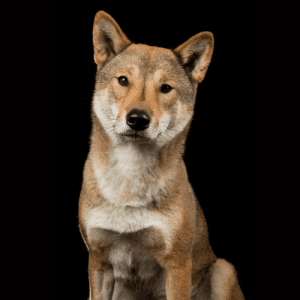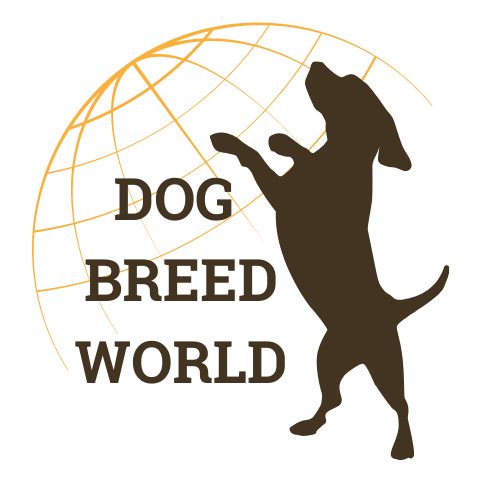 What Is The History Of The Shikoku Dog Breed?
What Is The History Of The Shikoku Dog Breed?
The Shikoku is a Japanese breed of dog. It is named after the island of Shikoku, where it originated. The Shikoku is a rare breed and is not well-known outside of Japan. It is a Spitz-type dog and is similar in appearance to other Japanese Spitz breeds, such as the Akita Inu and the Kai Ken. The Shikoku is an ancient breed used in Japan for centuries to hunt wild boar. The breed nearly became extinct during World War II but was saved by a few dedicated breeders. The Shikoku is still used for hunting in Japan but is also kept as a pet. There are only a handful of Shikoku breeders outside of Japan, and the breed is still quite rare.
What Does A Shikoku Dog Look Like?
The Shikoku Dog has a dense, double coat that is either black and tan, sesame (red with black tips), or brindle (a tiger-striped pattern of brown and black). The undercoat is thick and soft, while the outer coat is coarse and straight. The hair on the head and ears is short, while the hair on the neck, back, and legs are longer. This breed does not shed very much.
How Big Is An Adult Shikoku Dog?
The average size of a Shikoku Dog is about 16 to 23 inches tall at the shoulder and weighs between 35 and 55 pounds. Male Shikoku Dogs are typically larger than females, but there is no significant size difference between the sexes. Shikoku Dogs are medium-sized dogs, but they are considered to be on the smaller side for their breed. They are compact and muscular dogs with a lot of energy and stamina. Despite their small size, they are powerful dogs that can quickly cover a lot of ground. They have strong legs and can run long distances without tiring.
Are There Other Dog Breeds Related To The Shikoku Dog?
The Shikoku Dog is closely related to the Kai Ken, Akita Inu, Shiba Inu, Kishu Inu, and Hokkaido Dog breeds. These breeds are native to Japan and share similar physical characteristics with the Shikoku Dog. These dog breeds are all members of the spitz family, characterized by their thick fur coats, pointed ears, and wedge-shaped heads. While the Shikoku Dog is not as well-known as some of its relatives, it is still a popular breed in its home country of Japan.
What Is The Life Expectancy Of A Shikoku Dog?
A Shikoku Dog typically lives between 10 and 12 years. However, some individual Shikokus have been known to live up to 20 years. Health problems that may reduce a Shikoku’s life expectancy include hip dysplasia, elbow dysplasia, and von Willebrand disease. Taking good care of your Shikoku and bringing them to the veterinarian for regular check-ups can help ensure a long and healthy life.
Can A Shikoku Dog Be Trained?
A Shikoku Dog can be trained to do various things, including obedience, agility, and even herding. They are intelligent dogs and can learn new tricks quickly. Like all dogs, they need patience and positive reinforcement during training. A Shikoku Dog can be a great addition to any family with proper training.
Some things that a Shikoku Dog can be trained to do include:
- Obedience commands such as sit, stay, come, down, etc.
- Agility coursework
- Herding other animals
If you are thinking about getting a Shikoku Dog, or have one already, talk to your veterinarian or a professional trainer about the best way to train your dog. With the proper training, a Shikoku Dog can be a great pet for any family.
What Are Some Interesting Facts About A Shikoku Dog?
- The Shikoku is an ancient Japanese breed that originated on the island of Shikoku over 2000 years ago.
- The Shikoku is a medium-sized breed, standing 18-22 inches tall and weighing 30-50 pounds.
- The Shikoku is a fierce hunter known for its agility, strength, and endurance.
- The Shikoku is considered a national treasure in Japan and is protected by law.
- There are less than 1000 Shikoku dogs in the world today.
How Does A Shikoku Dog Interact With People?
The Shikoku Dog is an independent breed that does not require a lot of attention from its owner. However, they are still very loyal and will bond closely with their family. They are gentle and loving dogs that enjoy spending time with people. They are not aggressive and get along well with children and other animals. Although they are not demanding, they need daily exercise to stay healthy and happy.
